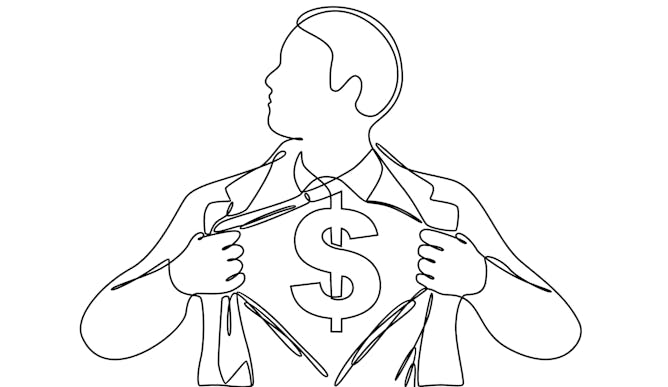|
The U.S. dollar is king once more. The greenback has been surging for most of the year against a broad basket of currencies and hit parity with the euro yesterday for the first time since 2002. The main drivers are the faster pace of interest rate hikes in the U.S. and how the dollar is seen as a haven in times of turmoil.
At a time of soaring inflation, a strong U.S. dollar is a real relief for many American consumers, particularly those fond of buying imported good such as bottles of scotch and fancy French cheeses. That summer trip to Melbourne or Madrid – or in my case a jaunt to Rome – will also be just a bit less painful on the wallet or purse.
But for pretty much everyone else, it’s bad news, write Sheffield Hallam University economists Alexander Tziamalis and Yuan Wang. From worsening inflation in most parts of the world to punishing U.S. exporters, a stronger dollar could pummel the global economy, they explain. And with fears of recession rising everywhere, the dollar is unlikely to lose its mojo anytime soon.
|

Alexander Tziamalis, Sheffield Hallam University; Yuan Wang, Sheffield Hallam University
The greenback is at its heftiest since 2002 and still rising fast.
|
|
|
Energy
|
-
Lily Hsueh, Arizona State University
A review of S&P 500 companies finds carbon disclosure doesn’t necessarily mean emissions fall.
|
|
Technology
|
-
David Bailey, University of Birmingham; Phil Tomlinson, University of Bath
Scrapping a grant for electric cars in the UK may be a backward move.
|
|
Health
|
-
Daniel Eisenkraft Klein, University of Toronto; Joel Lexchin, York University, Canada
The Purdue Pharma settlement is paltry compared to costs of the opioid crisis. Without major changes to pharma industry regulation, there is little reason to think a similar crisis won’t occur again.
|
|